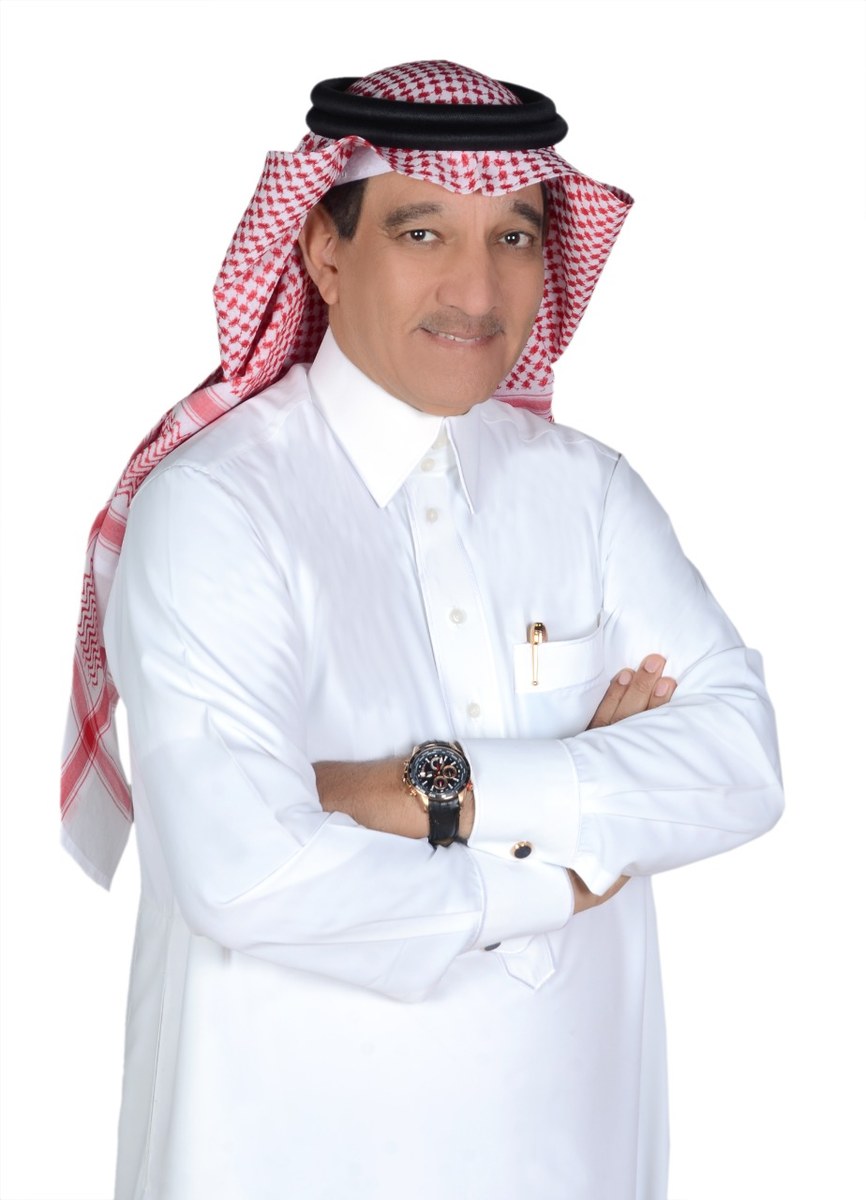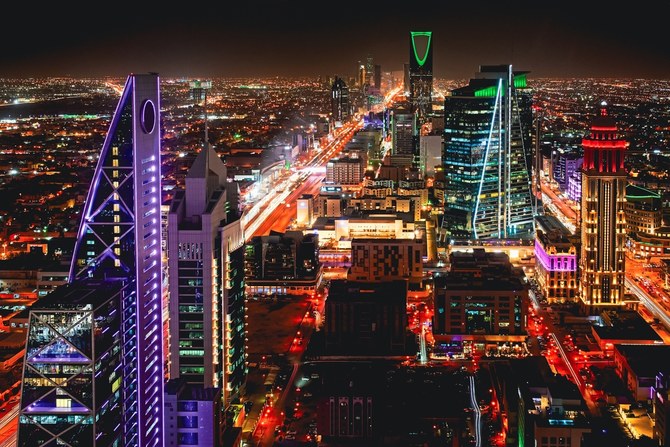JEDDAH: In the complex landscape of market dynamics, the Saudi General Authority for Competition emerges as a pivotal force tasked with shaping the future of equitable and competitive commerce.
Guided by a vision of becoming a leading body, GAC has developed a strategic roadmap to bolster the efficiency of the national economy and advance consumer welfare.
At the heart of GAC’s vision lies a commitment to championing fair competition and fostering an environment conducive to economic prosperity and consumer empowerment.
As a leading regulatory authority, it aspires to uphold the integrity of market mechanisms while promoting innovation and diversity in goods and services.
Fines amounting millions imposed on violators
An initial competition system was established in Saudi Arabia in 2004, and in October 2017, the Kingdom’s Council of Ministers endorsed the change of the name to the General Authority for Competition and a new organizational structure.
GAC was also made a financially and administratively independent entity, and in March 2019 another royal decree was issued approving the updated competition system.
Since its inception 20 years ago, GAC has imposed fines totaling nearly SR1 billion ($270 million) on companies found to be violating its regulations.
GAC spokesman Saad Hamad Al-Masaud told Arab News that the authority has sanctioned 252 entities for violating the country’s competition rules since the organization was established.
“The number of decisions issued in this regard amounted to 134, and the total fines collected from 2004 to 2023 amounted to approximately SR828,895,023,” he said.
Commenting on why penalties are imposed on a certain firm more than once, Al-Masaud highlighted that whenever a company is found guilty of committing a violation, GAC wastes no time undertaking the necessary administrative and legal procedures before imposing an additional penalty based on the nature of that violation.
He added that the highest amount ever imposed was around SR19 million against a gypsum firm.

Spokesman of GAC, Saad Hamad Al-Masaud - Supplied
In August 2023, GAC fined a company SR10 million for abusing a dominant market position, a practice that contravenes the principles of fair competition.
In the same month, the authority imposed a fine of SR10 million on a feed company for attempting to manipulate the bran commodity market supply by restricting sales to a select few customers. This action inhibited trade for the item and resulted in price control, as reported on the GAC website.
Four months prior to this event, GAC announced it penalized 14 cement companies with a collective fine of SR140 million for conspiring to raise prices in the Kingdom.
GAC imposed a SR10 million fine on each of the producers for manipulating the cement costs to benefit themselves.
Talat Hafiz, a renowned economist, told Arab News that it is important to guarantee fair market conditions free of unfair and illegal business practices. This would, in turn, support the country’s economic growth and encourage the flow of foreign investments and fair trade.
Hafiz added: “This is why Saudi Arabia has realized the importance of establishing GAC to supervise the enforcement of the Competition Law with the aim to promote and encourage fair competition, prevent illegal monopolistic practices, guarantee abundance and diversification of goods and services of high quality and competitive prices, and encourage innovation.”
Shedding light on the economic impacts or benefits that have resulted from the enforcement of GAC’s regulations, the economist said that the body has recently conducted a comprehensive investigation of the supply chains in the automotive sector, including retail sales, spare parts, and after-sales services in collaboration with several experts in the field to identify the structures of those markets and the behavior of enterprises operating in the sector and the influence on competition.
“Such move from the GAC will have a positive impact not only on the Saudi economy but also on any trading conducted in the market to ensure its fairness and avoid any illegal acting, which in turn will enhance the trust in both the Kingdom’s economy and the market and also protect consumers’ rights,” Hafiz said.
Commenting on whether there are any specific sectors or industries within Saudi Arabia where competition regulation is particularly crucial, he said there are no distinct divisions or industries where fair competition is not necessary.
He added that ensuring the existence of just dealings among all sectors of the economy and industries is vital to sustaining economic growth and ensuring financial prosperity in a fair business environment.

Talat Hafiz, renowned economist. Supplied
Agreeing with Hafiz, Abdulwahab Al-Gahtani, professor of strategic and human resources management at the Business School of King Fahd University of Petroleum and Minerals, said that GAC aims to implement competition-stimulating policies to improve market performance, support consumers and businesses, attract investments, and promote sustainable development.
Speaking to Arab News, Al-Gahtani emphasized the authority’s mission to promote business growth, safeguard consumers, and regulate market competition to prevent monopolistic practices.
“The regulatory policies of GAC are making significant contributions to the economic development of Saudi Arabia, despite being established only in 2004. It is progressing in the right direction to ensure improved economic performance and sustainability, aligning with the country’s goals for Vision 2030,” he said.
Reflecting on the impact of GAC’s competition regulations on market efficiency and consumer welfare, he emphasized that businesses operating in the country are experiencing significant benefits from the fair environment, which is crucial for the sustained growth established by these regulatory measures.
The professor attributed the success to the substantial support the authority receives from the government, adding that GAC will play a major role in helping the country attain its 2030 goals of diversifying its economy away from oil.
“Strategically, both related and unrelated diversification are important for economic development. This is why a wide range of projects in major industrial areas in the Kingdom are taking place in both the public and private sectors,” he said.
He added: “Mega projects such as NEOM, the Red Sea, Soudah, Diriyah, and Qiddiya are great examples of economic development Saudi Arabia has been witnessing since 2015.”
However, he noted that GAC needs more involvement in economic development to guide businesses to further comply with the competition regulations.
He underscored that the competition protection authority “can cooperate with the Capital Market Authority to ensure that all businesses are transparent and are performing in compliance with the rules to protect the economy from many possible unethical practices which can harm it.”
He added: “Fair competition and healthy corporate governance need to meet four major criteria: First, fairness to protect, respect and treat all shareholders in an equitable manner.
“Second, transparency in the disclosure of financial reports as well as clarity of structure, procedures, policies, and related matters.
“Third, accountability of both CEOs and board of directors to shareholders/owners’ investments.
“Fourth, the independence of board members, advisors, and CEOs from the influence of others.”
He went on to say that businesses must consider these four pillars of governance to protect shareholders’ or owners’ investments from abuse, corruption, self-dealing, and additional types of self-interest at the expense of businesses.






















